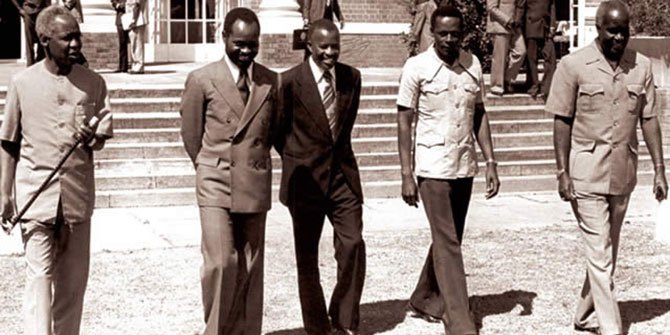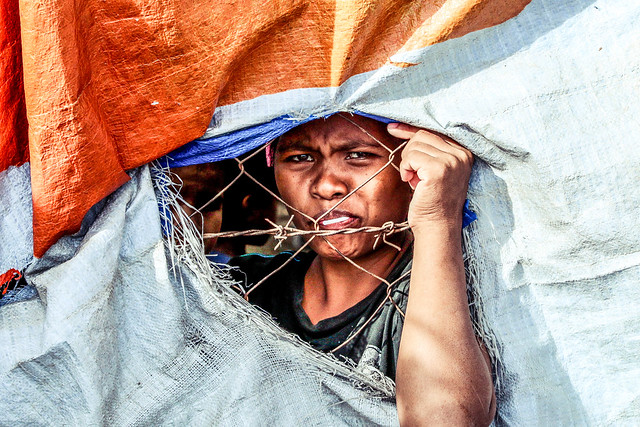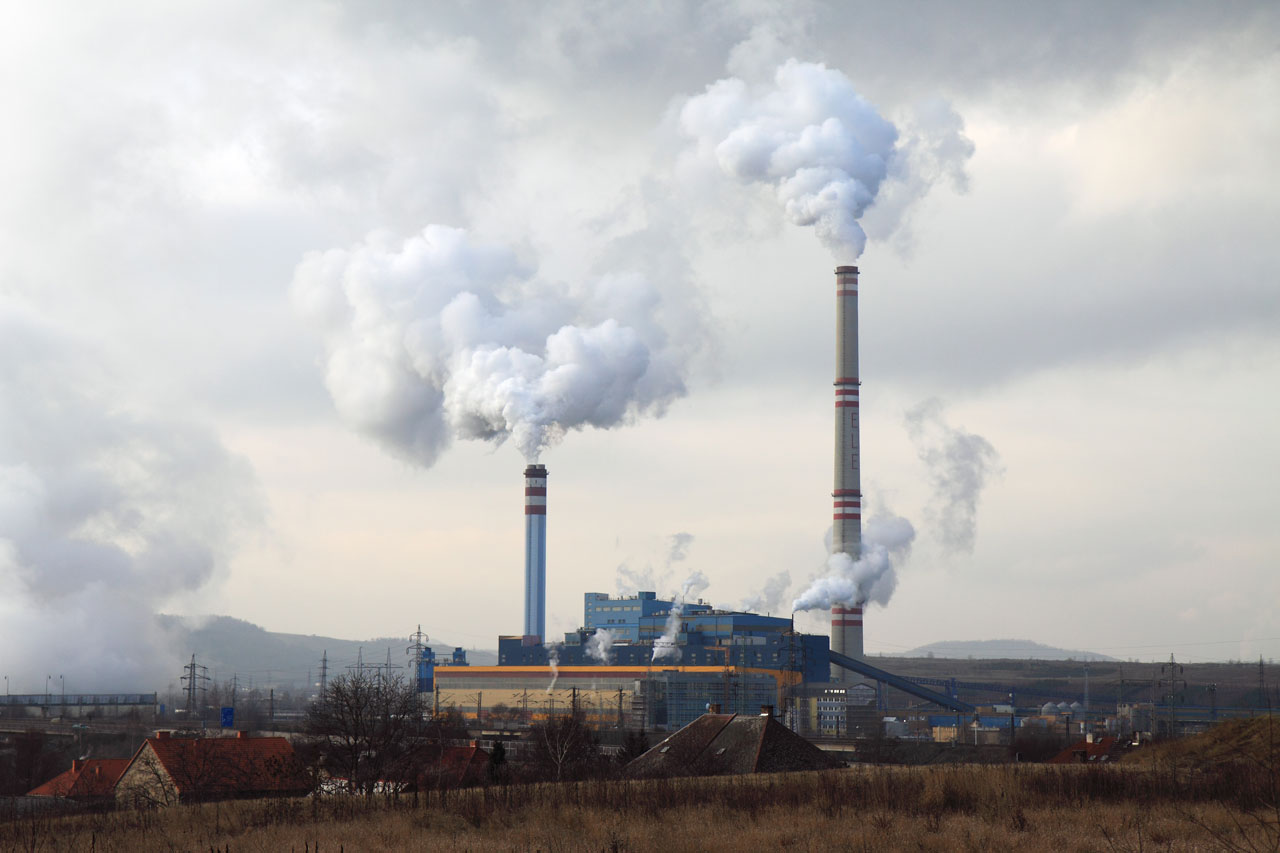In a post originally written for the Africa at LSE blog, LSE alumnus Bashir Ali reflects on Somaliland’s progress and development as it celebrates a landmark anniversary.
Somaliland is to most a region of Somalia; however, it recently celebrated its landmark 25th Independence Day to commemorate when it decided to discontinue the Union with Somalia. Somaliland was a former British protectorate securing independence on 26th June 1960 and sacrificing it five days later to unite with the Italian protectorate of Somalia and on 1st July 1960, both united to form the Somali Republic. From the offset, the Somali Republic experienced growing pains, the North (modern day Somaliland) felt that it had been marginalised politically and economically and was treated as a mere province by Mogadishu instead of an equal partner in the Union. It was during the regime of the brutal dictator Siad Barre that the North decided it had enough and launched the SNM, its premier rebel movement and in 1991 the SNM finally succeeded in ejecting the dictator and his occupying military forces from the North. Yet, the bloody, zero-sum game for power played out in Mogadishu in 1991 and the peoples’ calls for independence led to the SNM realigning their philosophy towards secession. In a major gathering on May 18th 1991, the North unanimously annulled the Act of Union (made with Somalia in 1960) and established the Republic of Somaliland, which they considered the successor state to the former British Somaliland which gained independence on June 26th 1960.
Since 1991, Somaliland adopted a hybrid form of multi-party democracy which fuses Western parliamentary democracy with traditional laws and customs. This unique form of government was strengthened by bicameral legislatures with a chamber of elected representatives and a “House of Elders” where clan elders used to diffuse tensions among Northern communities. This distinct form of democracy has survived up until today due to the grassroots, bottom-up approach deployed by Somaliland. In contrast, Somalia underwent countless transitional governments since 1991 with immense assistance from the international community; however, analysts believe these attempts failed because of a lack of ownership in the process which Somaliland achieved due to a lack of external interference. In 2001, Somaliland’s constitutional referendum on its independence led to 97 per cent of the population opting for independence.

Somaliland can lay claim to one of Africa’s most efficient polities and has had elections since the mid-1990s, well before it was in vogue as Nigeria has shown in the past year. Somaliland has experienced three presidential elections and five parliamentary elections in its transition to full democracy. It has its own constitution, army, currency, central bank, airports and is in control of its territory based on the 1960 borders. Nevertheless, the crux of the matter is that Somaliland has achieved no recognition apart from de facto recognition from Ethiopia and Djibouti. The main reason is because Somalia’s AMISOM-propped up government in Mogadishu lays claim to Somaliland despite exercising no influence whatsoever over it. This scenario has made it difficult for Somaliland to achieve the same kind of political solution that benefited Eritrea and South Sudan in their split from their respective parent states.
After twenty-five years, Somaliland is now at a crossroads, with its one-term, British-educated President, Ahmed Mohamoud “Silanyo” stepping down voluntarily next year following presidential elections. Similar to other states in Africa, Somaliland is experiencing a gradual changing of the guard coinciding with the emergence of a new generation of leaders from the extensive Diaspora who have forged careers in global cities such as, London, New York, Stockholm and Johannesburg among others. An example of this new “Cheetah Generation” can be found in one of Somaliland’s presidential candidates, Jamal Ali Hussein, a Harvard-educated, former Chief Executive at Citibank and now leader of the Justice and Welfare (UCID) opposition party. Somaliland even holds an annual Independence Day Conference in Washington DC with this year’s event attracting US policymakers. Despite the international community’s stonewalling of Somaliland, academics and policymakers point to the valuable lessons Somaliland offers in terms of state-building and institutional development. Nima Elmi, a current senior advisor to the Somaliland Foreign Ministry and World Economic Forum Young Global Leader (class of 2016) believes that Somaliland’s 25 years of peace and democracy should be praised, encouraged and strengthened as “it demonstrates that grassroots peace building and state formation in sub-Saharan Africa can work.”
Somaliland’s telecoms and remittances sectors are among the most innovative in Africa, proven by the fact that Somaliland had mobile 4G before regional powers such as Egypt and Nigeria. Somaliland also has one of the world’s highest levels of mobile banking. Crucially, it is Berbera port which offers a window into Somaliland’s future and for one reason, its importance to landlocked neighbour Ethiopia, which has one of the world’s fastest growing economies and a population of 95 million. Somaliland’s government recently signed a deal worth US$442 million with UAE-based DP World to develop its Berbera port, which sits strategically on one of the world’s busiest shipping routes. In short, Berbera can be to Somaliland’s economy what Guangzhou was for China’s, post-1978 economic reforms. Berbera is at the heart of Somaliland’s sustainability and key to Somaliland growing its economy and creating jobs in the absence of international recognition.
A quarter of a century later, Somaliland has come of age but remains unrecognised and in political limbo. It has proven itself a unique case and a progressive state in a volatile region of Africa. As Somaliland celebrates its 25th independence, its leaders and population can take pride in this.
Bashir Ali is an Analyst in emerging markets based in London. He holds a BSc in Economics from SOAS and an MSc in Public Policy & Administration from LSE. He can be reached via email: b.ali1@lse.ac.uk or bashiralimsc@gmail.com.






Nice Words Duncan,
I lived in British Somaliland as it was 1957 to 1960 as a youth loved the place and the people.Follow its progress on the net. If interested just google My memories of Somaliland.
Barry.